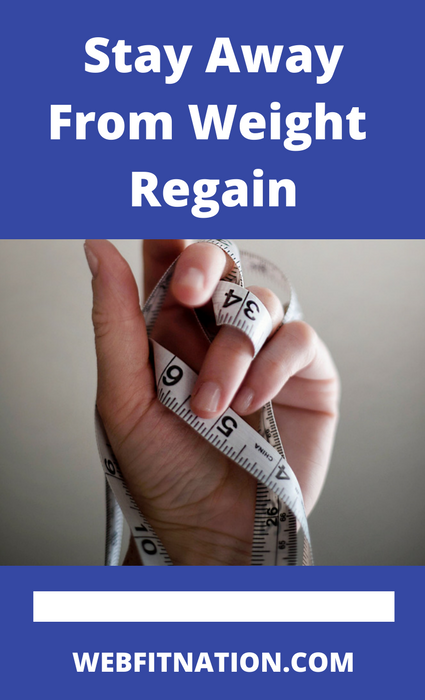People are barraged with social media advertisements for products and programs that promise rapid fat loss with their one of a kind system. And so it goes month after month, year after year; people try different diets and workouts and everything else possible to burn off stubborn body fat, weight they’ve gained over the years, and bring the pants size back to what it was in high school.
I don’t think I’ve made it one day out of my three plus decades of living without someone talking about how fat they were, how they hated their body, how much weight they wanted to lose, or how out of shape they feel.
The goal of fat loss isn’t usually the problem. It’s the mindset that often evolves from a seemingly never-ending fat loss pursuit. Fat loss isn’t executed as a simple objective, structured process that lasts for a designated time. It gradually morphs into a definitive, emotionally-fueled, all-consuming infinite lifestyle. Losing weight becomes what people do for the rest of their lives.
As a person who doesn’t like the fat loss mindset, it is hard for me to watch people go through this. This unrelenting, long-term focus on fat loss is brutally effective for one thing: making people chronically dissatisfied with their bodies.
I think people fail to realize some important truths. But I’m going to share them with you in hopes that one day this helps you or someone else you know that fights this daily battle.
You can set health and fitness goals that don’t have a thing to do with losing fat.
The reason you eat a chicken salad doesn’t have to be because you’re trying to lose weight. You can eat a slice of pizza without declaring you’re cheating on your diet or, making yourself feel terrible while indulging in what’s been labeled a guilty-pleasure food.
The reason you perform a workout doesn’t need to revolve around the desire to incinerate fat stores or because you overindulged at last night’s dinner and think you have to go into damage control to minimize the effects of your food choices.
Slimming down your waistline doesn’t have to be the dominate thought prodding your return to the gym each week. You can choose to move your body and eat well because, oh, I don’t know, you’d like to feel good about yourself instead of hating your body and relentlessly berating yourself until you can get the button on that smaller pair of jeans to clasp. Because you want to discover what your body can do, and then do more for no reason other than because you can.
Working out because you hate the fat on your thighs isn’t a positive purpose. Attempting to get 10,000 steps in a day so you can see the scale budge isn’t going to push you positively long term.
This lifestyle shouldn’t dominate your life. Attempting to follow a diet or workout program that’s too strenuous, time consuming, or rigid is why people often fail to reach their goals.
The way you eat and move your body must fit into your life, accommodate your schedule, and have built-in flexibility. Sounds different than you’re used to hearing I’m sure. You can actually feel great about yourself, for a start, instead of physically and mentally punishing yourself for having fat on your body or missing a workout or eating a donut. You can have a social life and enjoy your favorite foods with a dose of flexibility and responsibility. Working out and living a healthy lifestyle with a positive purpose should build you up instead of tear you down.
Choose Better



















